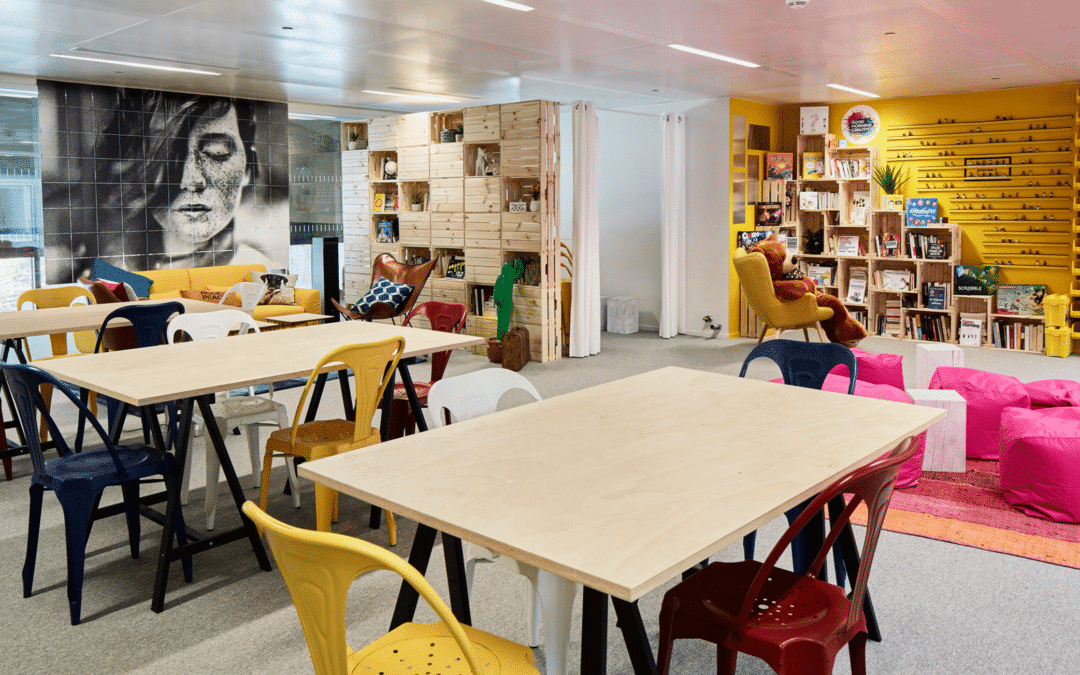The employee experience represents all the perceptions felt by an employee throughout his or her time with the company. It even begins at recruitment (with the candidate experience) and ends when the candidate leaves. Today, the employee experience has become a real issue for the Human Resources Department. It goes beyond a simple marketing fad. Moreover, HR departments are working to implement a policy in favor of this employee experience, with the sole aim of enhancing the value of employees. The main problem facing the company is to succeed in structuring its action around the needs of its employees and not only around HR processes.
Why is the employee experience a priority development area?
People are at the heart of organizations and the HR function aims to preserve this human capital so that it can drive the success of the company. In order to attract talent and retain competent employees, it has become important to be able to meet the needs of employees. But first you have to really know them to best meet their expectations. Services and exchange tools are therefore essential to support each employee through a personalized path.
However, it is not only about implementing operational HR tools, such as absence management. Instead, employees should be valued by developing professional training, evaluating the relationship between managers and employees and the talent management of the management teams. The company plays an essential role in the development and implementation of talent. The HR department is no longer a support department, but a value-creating department. It supports employees in their professional development within the company. He is able to listen to them and suggest more suitable career plans. It is indeed worth noting that the Employee Engagement surveys that take place every year or two are now replaced by daily mood barometers. This allows us to listen to our employees more often.
What are the impacts of the employee experience on the company?
The subject of employee experience clearly leads to the improvement of the company’s overall performance. Just as the customer experience has become central to a company’s marketing strategy, the employee experience tends to develop. Management is aware that its employees are the engine of productivity .
Indeed, a motivated and fulfilled employee is more efficient than an uninvolved employee. Valorization therefore makes it possible to put people at the heart of HR actions. In addition, by centralizing information on the career path of employees, managers and HRDs will be able to make better decisions regarding the actions to be taken. For the company, it’s about creating effective, work-motivated teams that believe in their employer brand. In fact, employee engagement can be seen in their positive experience with the company. Employees must be satisfied and happy in their jobs to be productive collaborators. If the motivation is higher, the productivity of the employees will be much better. This is a major advantage for the company’s performance.
See also our feature on "HR strategy management tools".
- What are the key issues facing HR departments today?
- Organization, talent management, recruitment: priority HR projects?
- Human resources management: what HR strategies for the future?
- Best practices to manage your HR strategy in an optimal way
- The different HR management tools to carry out your HR strategy
- HRIS software: the different areas of intervention for the HR function
- How to convince your management to invest in an HRIS tool?
- Is it necessary to be accompanied in the management of an HR strategy?
- What indicators should be defined to measure the performance of an HR strategy?
- HR strategy: how to achieve effective HR reporting?
- Who should drive HR projects in the company?
- Setting up a working group for an HR project: who should be involved?













